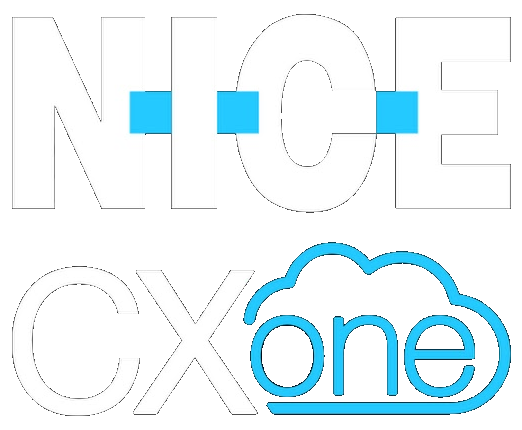Developing Consistent Routines: A Guide for Contact Center Supervisors
Introduction
Get Started
1. Planning and Preparation:
Before each coaching session, gather relevant data including prior commitments, agent progress, and observed performance. This will help you identify specific areas of focus for the session.
Checklist:
- Gather relevant data.
- Identify specific areas of focus for the session.
2. Execution:
During the coaching session, connect warmly with the agent, praise their strengths, and address a single, high-value corrective behavior. Ask questions about causes and solutions, avoid judging or aggressive language, and address any objections to get buy-in.
Checklist:
- Connect warmly with the agent.
- Praise the agent's strengths.
- Address a single, high-value corrective behavior.
- Ask questions about causes and solutions.
- Avoid judging or aggressive language.
- Address any objections to get buy-in.
3. Follow Up:
After the coaching session, ask for agreement or commitment for a specific action or behavior. Offer actions or commitment to take in support of the agent's commitment. End the coaching session on a high note, offering encouragement and positive expectations.
Checklist:
- Ask for agreement or commitment for a specific action or behavior.
- Offer actions or commitment to take in support of the agent's commitment.
- End the coaching session on a high note.
4. Assessment and Adjustment:
Regularly assess the effectiveness of your coaching sessions and adjust your approach as necessary. Review previous coaching and support interactions to determine whether and to what extent they produced the intended results. Establish a scorecard comprised of the different aspects of the ideal coaching routine combined with an overall support effectiveness metric to create a complete, real-time measure of your coaching, support, and leadership effectiveness. Collaborate with managers, mentors, and peers for input, critique, and guidance.
Checklist:
- Regularly assess the effectiveness of your coaching sessions.
- Review previous coaching and support interactions.
- Establish a scorecard for your coaching, support, and leadership effectiveness.
- Collaborate with managers, mentors, and peers for input, critique, and guidance.
- Adjust your approach as necessary.
5. Commitments and Procedures:
Ensure that you get a specific, behavioral commitment for how the agent will improve. Break the agent's commitments into incremental, step goals, and not just a mirror of the end goal. Set a follow-up date and timeline that matches the urgency or severity of the agent's opportunity. Conduct the session in an appropriate location, use an acceptable amount of time for the coaching session, follow the company’s prescribed coaching methods, and capture the session details and notes as required.
Checklist:
- Get a specific, behavioral commitment for how the agent will improve.
- Break the agent's commitments into incremental, step goals.
- Set a follow-up date and timeline.
- Conduct the session in an appropriate location.
- Use an acceptable amount of time for the coaching session.
- Follow the company’s prescribed coaching methods.
- Capture the session details and notes as required.
Your Path to Mastery: Debunking Myths and Celebrating Your Commitment to Learn
Objection 1: "Routines are too rigid and don't allow for flexibility."
Rebuttal: Routines don't have to be rigid. In fact, they can provide a framework that allows for greater flexibility. By having a clear plan for your tasks and responsibilities, you can more easily adapt when unexpected issues arise. Tools like Acuity can further enhance this flexibility by allowing you to easily adjust and adapt your routines as needed.
Objection 2: "Developing routines is time-consuming and complicated."
Rebuttal: While it can take some time to establish effective routines, the time and effort invested can pay off in the long run in terms of increased productivity and effectiveness. Not only for you as a supervisor but also for your agents. Consistent routines can provide your agents with a clear understanding of expectations, leading to less confusion and increased efficiency. Moreover, demonstrating your ability to establish and follow structured routines can signal to higher-level leadership that you're organized, strategic, and planful, which can enhance your prospects for career advancement. Tools like Acuity can help streamline this process by providing easy-to-use features for tracking and managing tasks, setting reminders, and analyzing performance.
Objection 3: "I've been successful without strict routines. Why should I change what's working?"
Rebuttal: While it's great that you've found success without strict routines, consider the potential benefits of incorporating more consistency into your work. Routines can help reduce stress, improve focus, and increase productivity, not just for you but also for your agents. They can provide a predictable structure that can help your agents know what to expect and when, which can lead to improved performance and job satisfaction. Furthermore, establishing and maintaining consistent routines can demonstrate to higher-level leadership your strategic thinking and planning skills, potentially enhancing your prospects for career advancement.
Objection 4: "I prefer to handle tasks as they come up rather than sticking to a routine."
Rebuttal: While it's important to be able to handle unexpected tasks as they arise, having a routine doesn't prevent this. In fact, a well-structured routine can actually make it easier to handle unexpected tasks by ensuring that your regular responsibilities are managed efficiently, freeing up time and mental energy to deal with unexpected issues. Acuity's task management features can help you balance your routine tasks with unexpected ones, ensuring that nothing falls through the cracks.
Objection 5: "I don't need a routine to be effective in my role."
Rebuttal: While it's true that different roles and individuals may require different approaches, routines can provide numerous benefits regardless of your specific role or work style. They can help ensure that important tasks are not overlooked, provide a structure for managing your time and workload, and make it easier to track and measure performance. Moreover, a consistent routine can provide your agents with a clear understanding of expectations, which can lead to improved performance and job satisfaction. Additionally, demonstrating your ability to establish and adhere to structured routines can signal to higher-level leadership that you're organized, strategic, and planful, which can enhance your prospects for career advancement. Even if you feel you're effective without a routine, consider the potential benefits of incorporating more consistency into your work.













